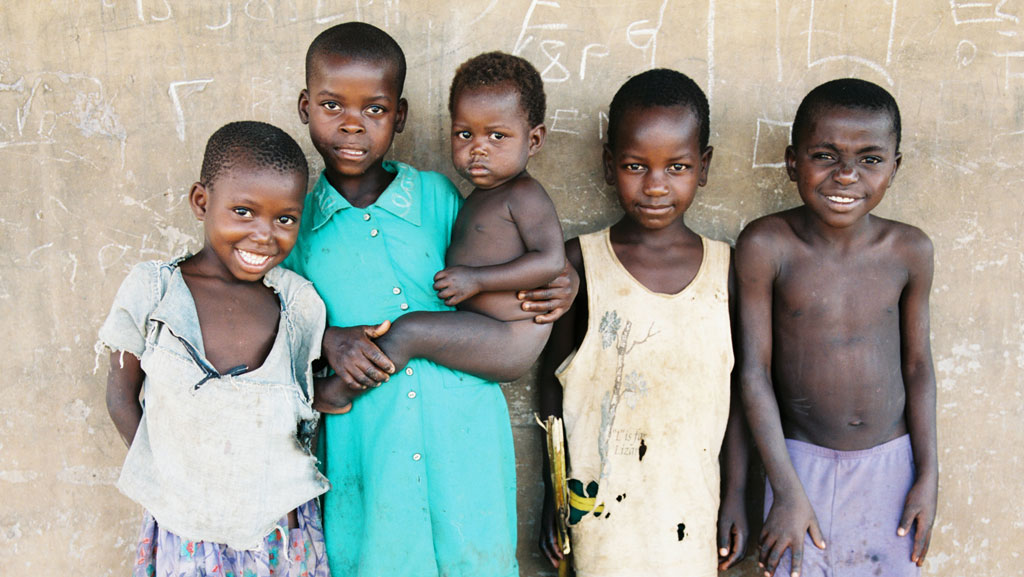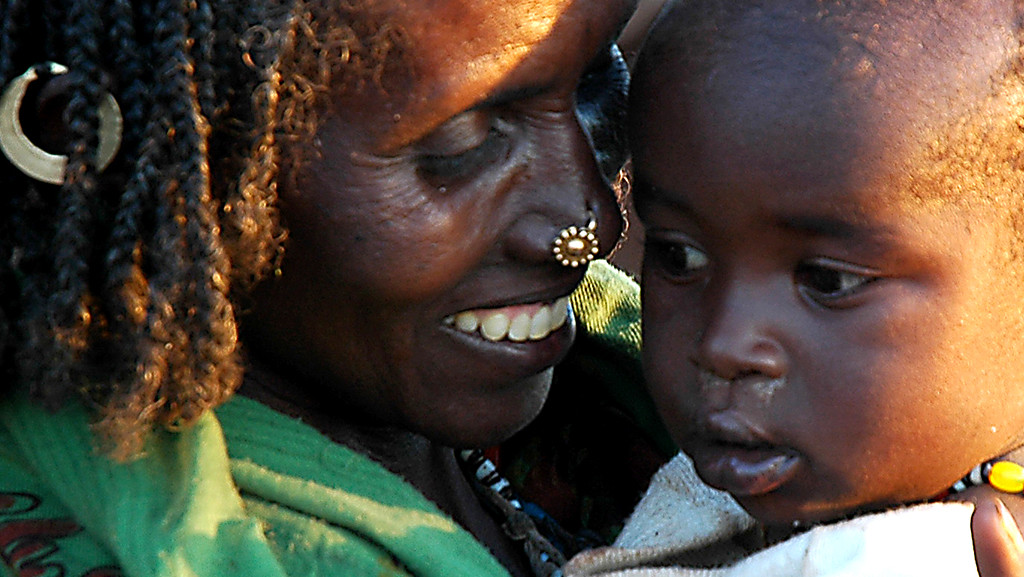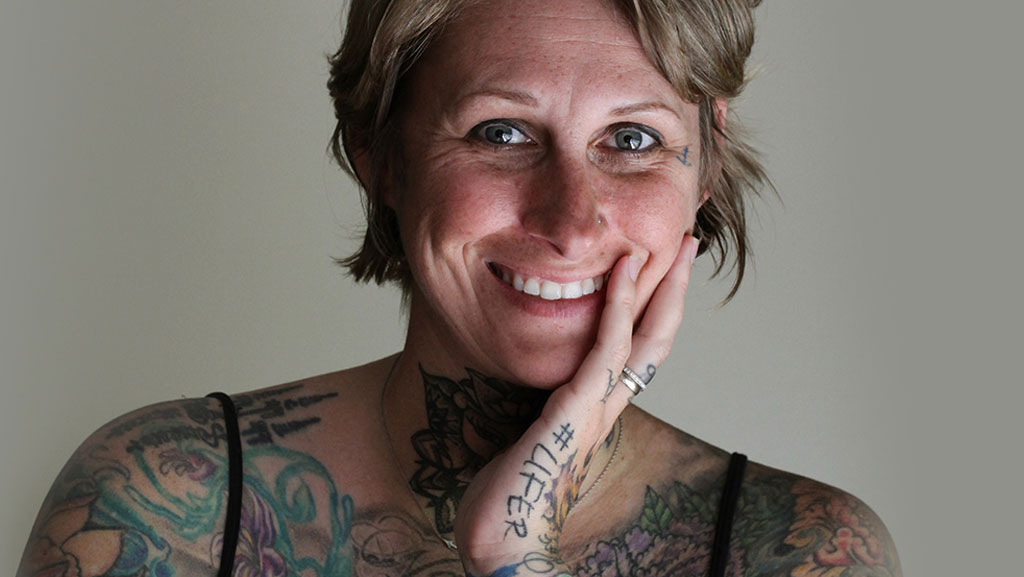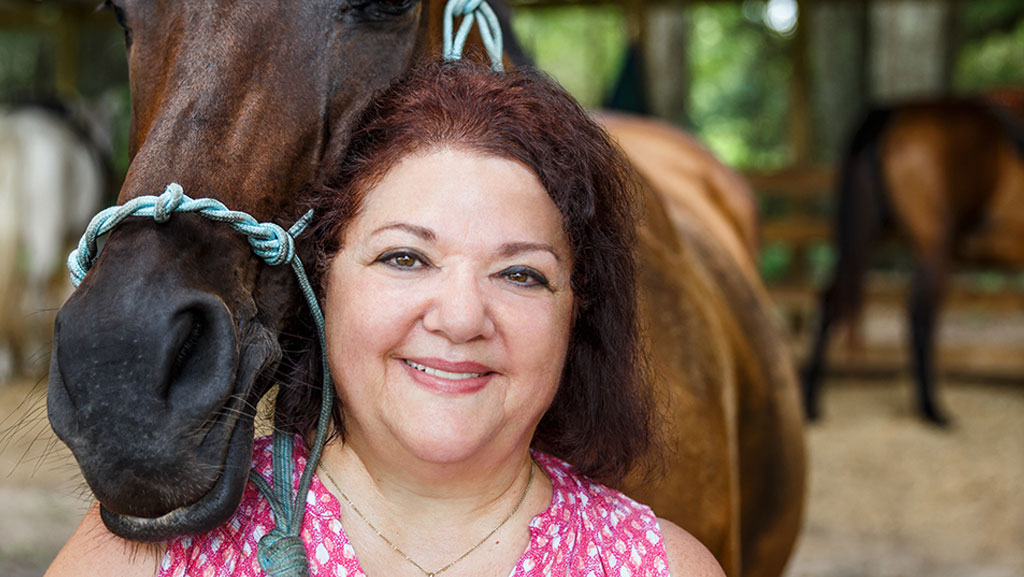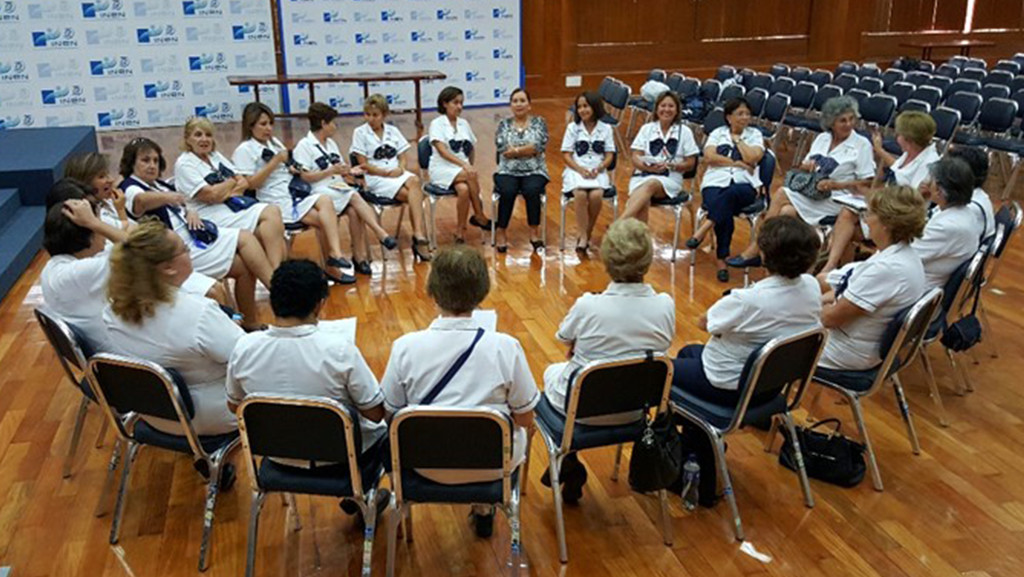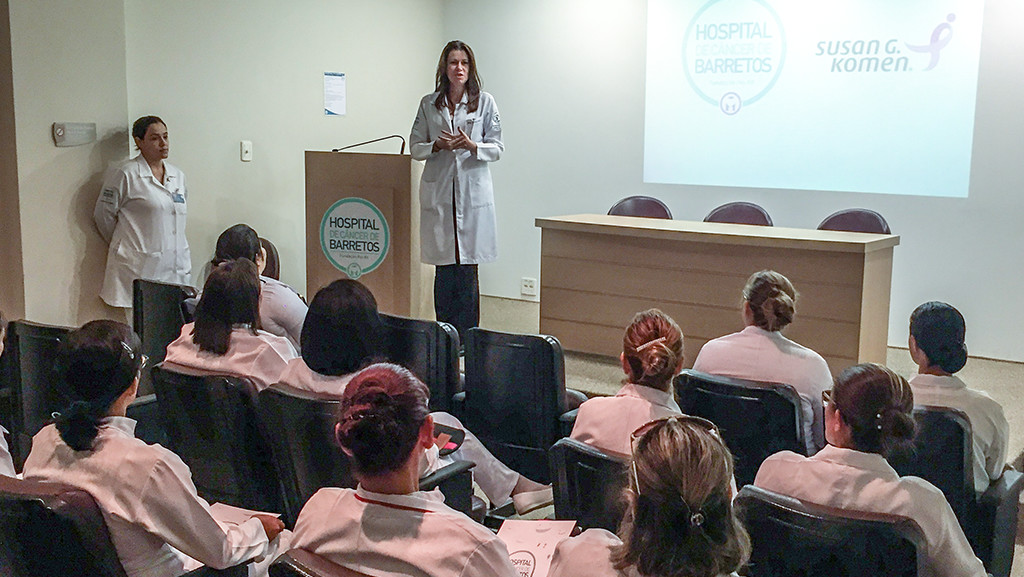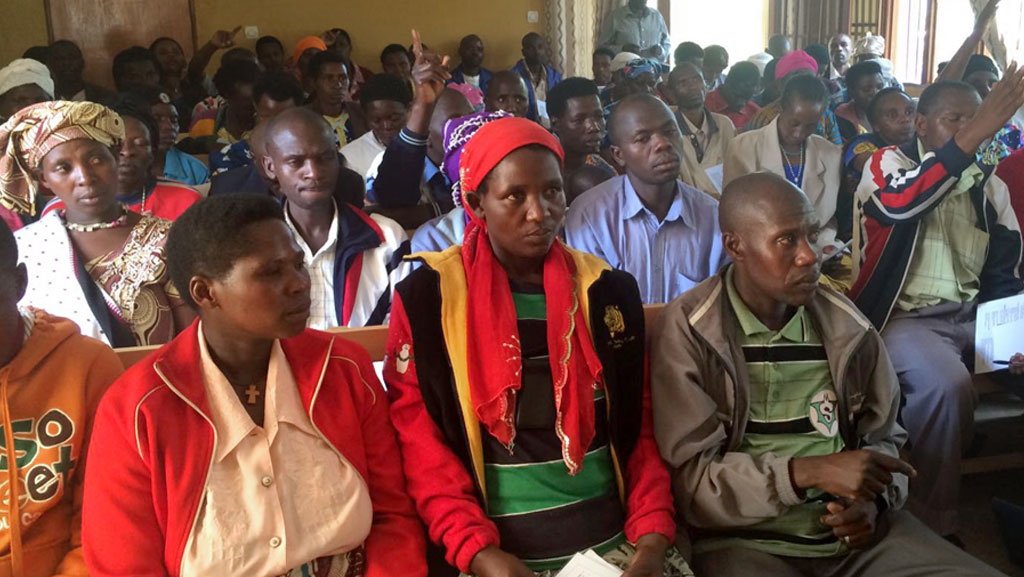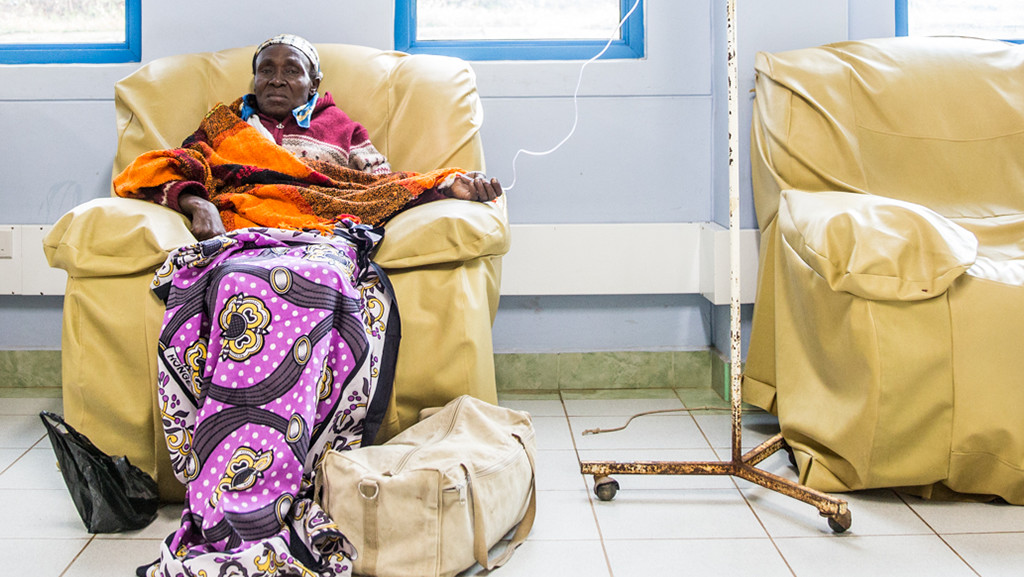View more information on Tobacco Free Cities and and our support of Georgia State University's efforts in China.
Health care providers are on the front lines of the fight against NCDs
Although the end user of many of Pfizer's products is often a patient, it is critical to address the needs of physicians, especially when tackling NCDs. The health care provider is on the front lines of patient care and can play a critical role in diagnosing and treating NCDs, as well as educating patients to prevent their onset.
To respond to the needs of physicians in the area of heart disease, Pfizer is collaborating with the American College of Cardiology (ACC) on its largest ever global cardiovascular education program. Announced on World Heart Day and building on the success of the ACC’s cardiovascular disease prevention program pilot in China, Pfizer and the ACC will expand the program to reach doctors in Russia, Saudi Arabia, Egypt, the United Arab Emirates, Mexico, Argentina, Indonesia, Vietnam and Malaysia, and support additional programming in China.
Participants will have access to a three-part webinar series on cardiovascular disease prevention, including primary prevention, secondary prevention for patients who have experienced an acute event and prevention for patients with multiple risk factors. A series of post-webinar follow ups will be conducted with the same group of physicians to assess behavioral changes.
The pilot program in China was launched in January 2016, and featured cardiovascular disease educational webinars that reached more than 350 hospitals and delivered a public awareness campaign, including social media engagement and educational messages via the WeChat social media platform (reaching more than 1.8 million people). With the expansion of the program to additional countries, Pfizer and the ACC are expected to reach thousands of people, with the hope of accelerating the success of the pilot to improve cardiovascular patient outcomes and reduce the impact of heart disease globally.
In 2016 and looking to 2017, Pfizer is exploring areas where Pfizer Essential Health (PEH) medicines can tackle NCDs. In partnership with Pfizer Corporate Responsibility and working with an international, non-government organization (NGO), we are initiating cardiovascular capacity development programs in Vietnam and Myanmar to improve access to care in under-served communities.
Addressing the Growing Global Burden of Cancer
Breast and cervical cancers are among the leading causes of morbidity and mortality for women living in less developed regions
As with many other diseases, cancer imposes a particularly heavy burden on poor, marginalized and rural communities due to the additional barriers they face in accessing education, screening and treatment. In the coming decade, the impact of cancer is expected to be disproportionately felt by those living in underdeveloped countries – both in terms of new cancer cases and in overall mortality.
Women in underdeveloped countries often face significant barriers to quality care, including long travel distances to receive oncology care services, a shortage of trained professionals, poor equipment and lack of information around screening and diagnosis.
While many governments, NGOs and entrepreneurs have taken measures aimed at addressing barriers to quality health care, we believe that Pfizer and the private sector as a whole can also play an important role in helping to accelerate progress through innovative partnerships and collaborations that catalyze innovation, advance policy and strengthen health infrastructure.
A Story Half Told: A Call-to-Action to Expand the Conversation to Include Metastatic Breast Cancer
Breast Cancer: A Story Half Told is an initiative by Pfizer in partnership with advocates and health care professionals that aims to elevate public understanding of metastatic breast cancer, dispel misperceptions, combat stigma and expand the breast cancer conversation to be more inclusive of metastatic breast cancer. In 2015 and 2016, we rolled out a series of photo essays of women living with metastatic breast cancer, chronicled by well-known photographers.
Pfizer and the Union for International Cancer Control (UICC) joined forces to create the Seeding Progress and Resources for the Cancer Community (SPARC) Grants, an initiative aimed at empowering advocacy groups, hospital networks, support groups and other organizations worldwide as they initiate projects to close the gap in information, support, awareness and policy between metastatic breast cancer and early-stage breast cancer, as well as help reduce the number of women diagnosed at the metastatic stage of breast cancer.
In 2016, 20 competitively-selected organizations were granted funding to implement novel and sustainable projects across 18 countries. Each organization is tailoring its activities to the needs of patients in specific countries or regions, creating diverse programming that takes a much-needed hyper-local and grassroots approach to driving impact for breast cancer patients.
